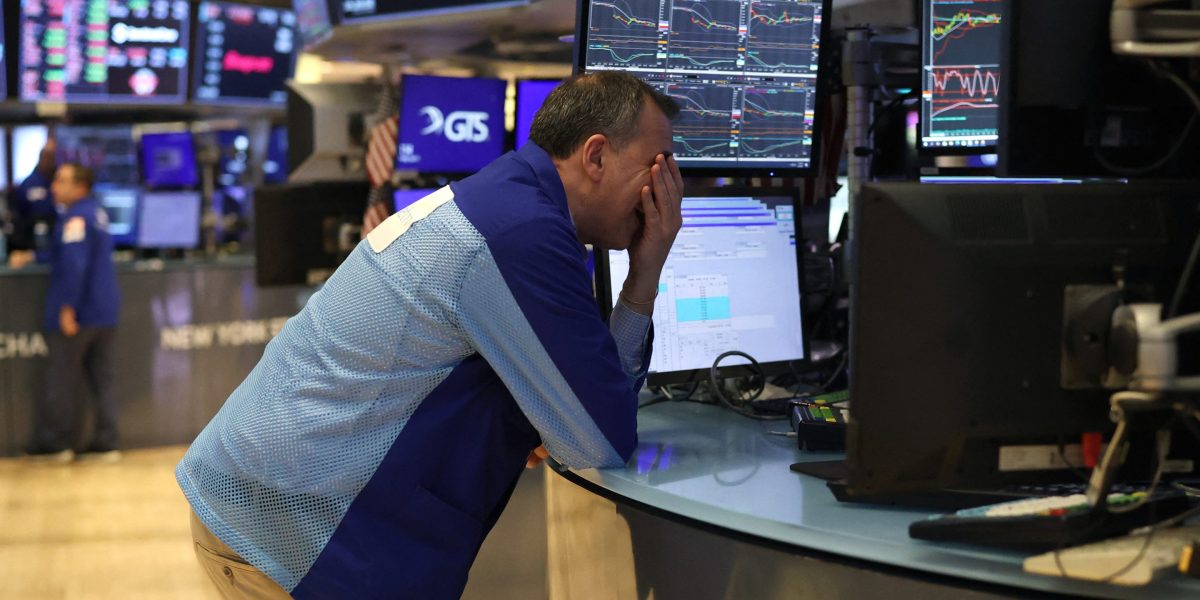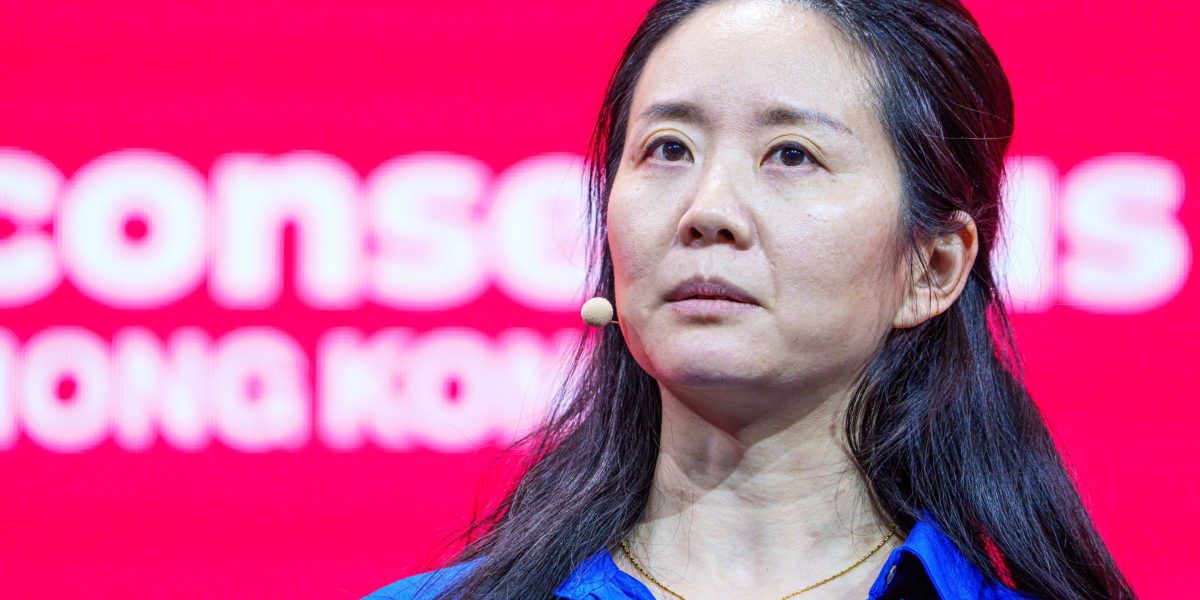Business
Trump tariffs could climb even further—to the highest since 1872—before they ease again as a cycle of retaliation and escalation plays out

Business
Crisis on the menu: How cut-price deals and fast food are reshaping France’s sacred lunch ideals
Business
‘I haven’t seen sunlight in 3 months’: American law firm trainees in London endure 13-hour days for eye-watering six-figure starting salaries
Business
Crypto exchange OKX relaunches in U.S. two months after settling with DOJ for $500 million
-

 Entertainment8 years ago
Entertainment8 years agoThe final 6 ‘Game of Thrones’ episodes might feel like a full season
-

 Politics8 years ago
Politics8 years agoCongress rolls out ‘Better Deal,’ new economic agenda
-

 Entertainment8 years ago
Entertainment8 years agoNew Season 8 Walking Dead trailer flashes forward in time
-

 Entertainment8 years ago
Entertainment8 years agoMod turns ‘Counter-Strike’ into a ‘Tekken’ clone with fighting chickens
-

 Tech8 years ago
Tech8 years agoMicrosoft Paint is finally dead, and the world Is a better place
-

 Tech8 years ago
Tech8 years agoHulu hires Google marketing veteran Kelly Campbell as CMO
-

 Tech8 years ago
Tech8 years agoFord’s 2018 Mustang GT can do 0-to-60 mph in under 4 seconds
-

 Politics8 years ago
Politics8 years agoIllinois’ financial crisis could bring the state to a halt







